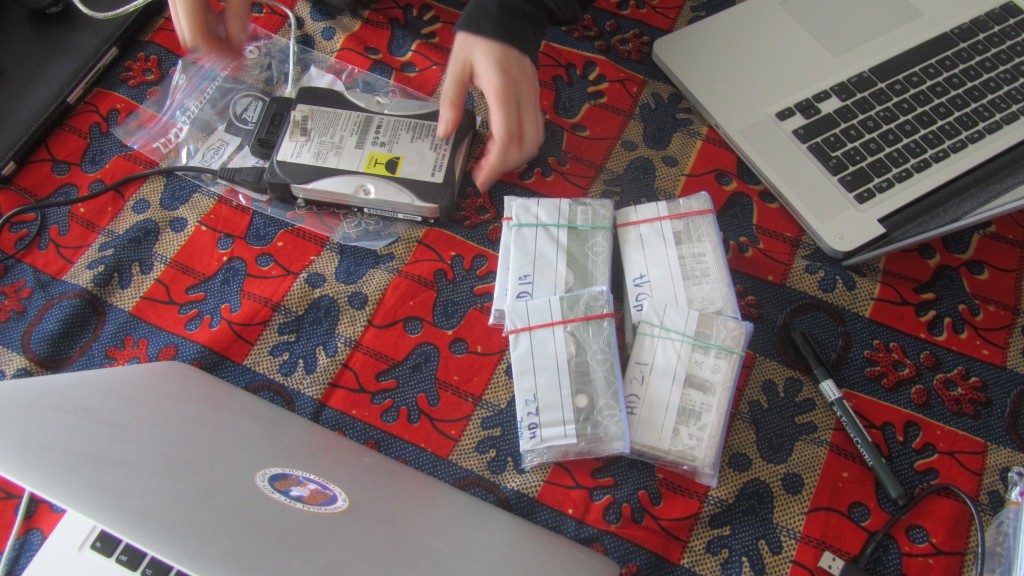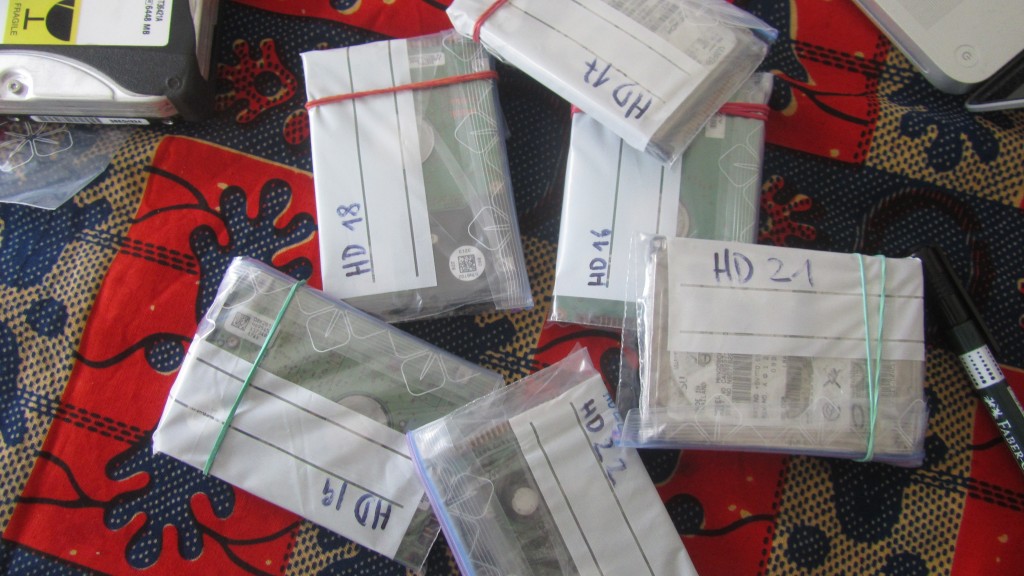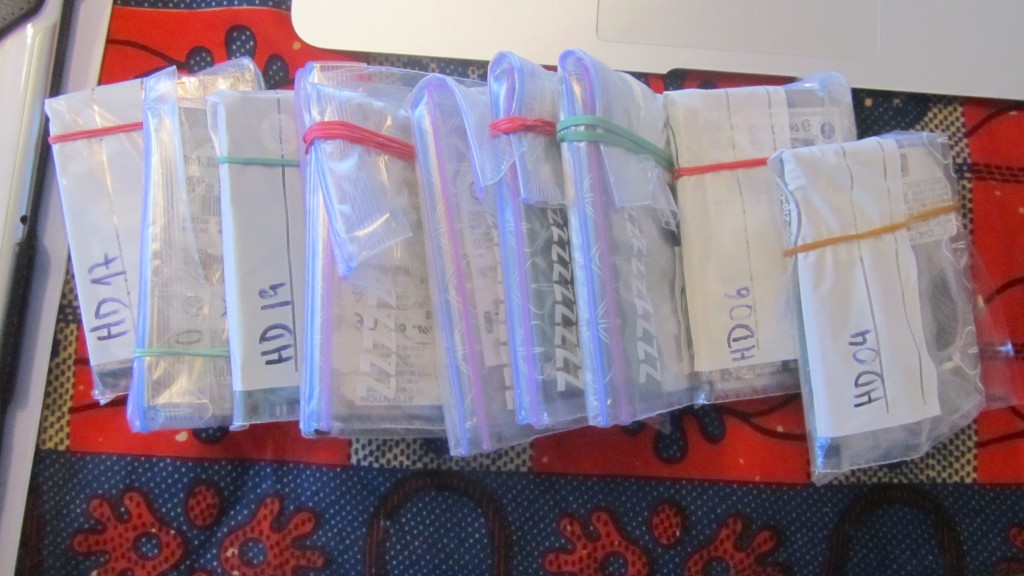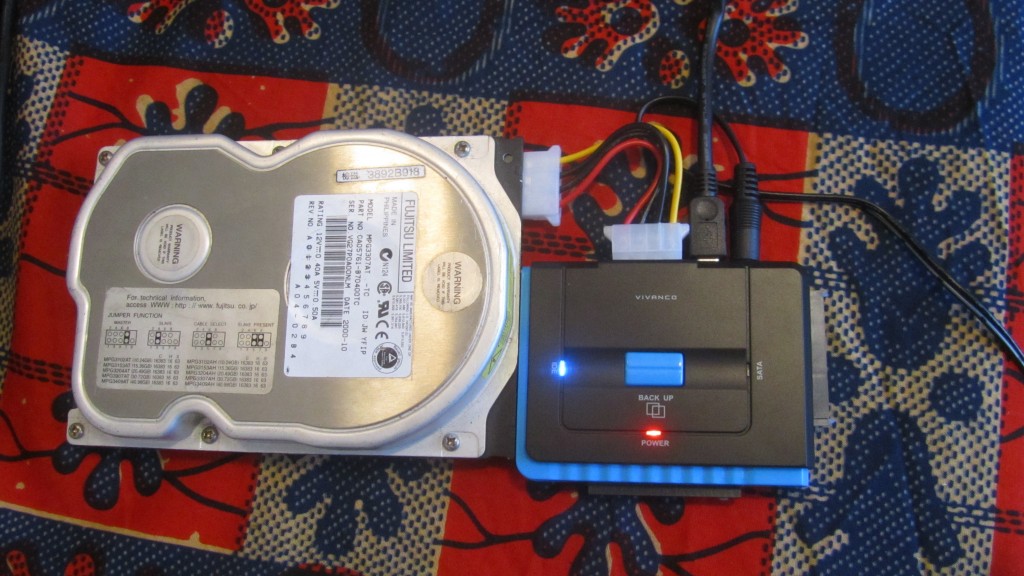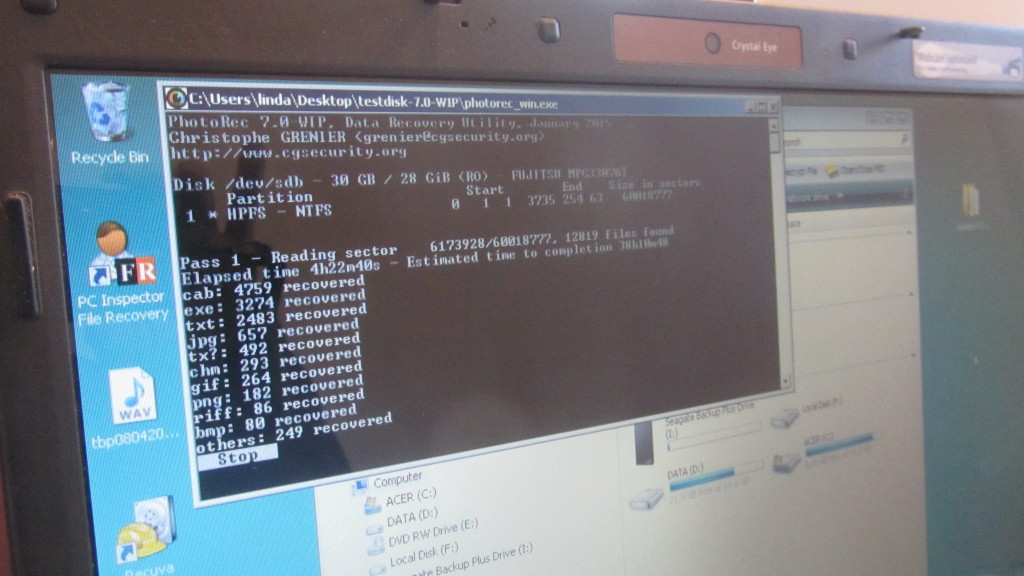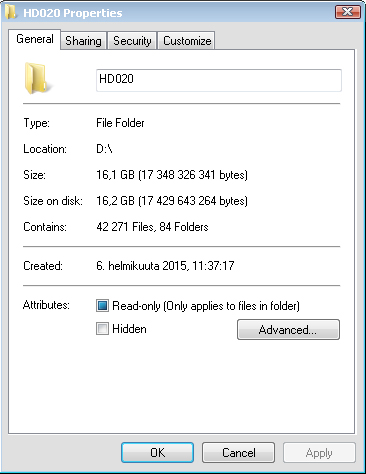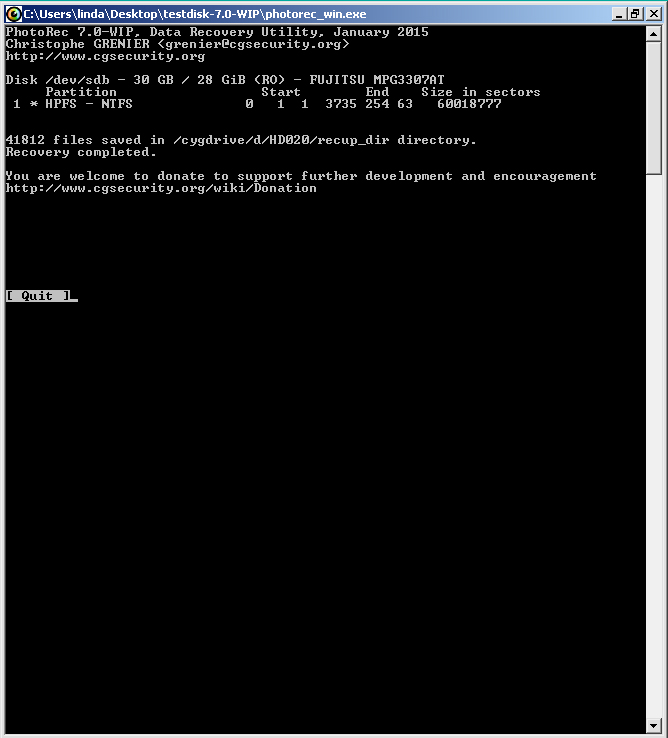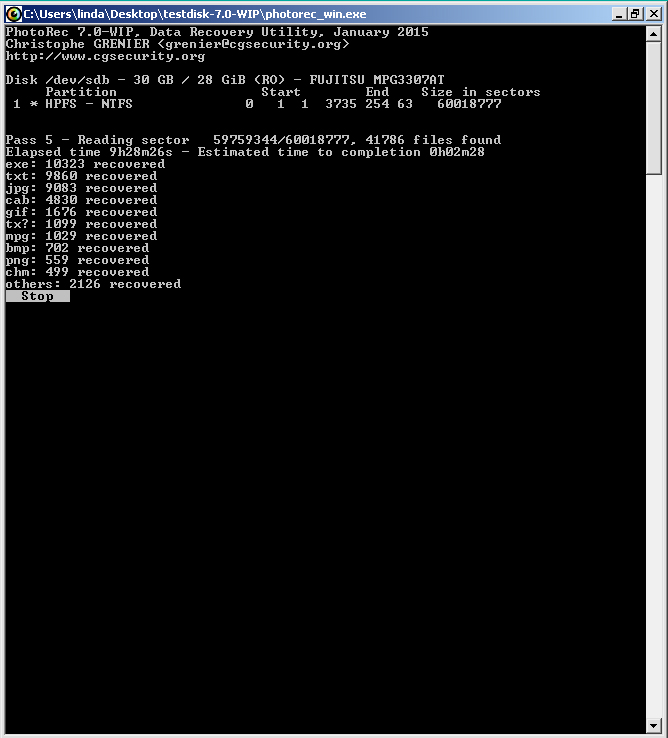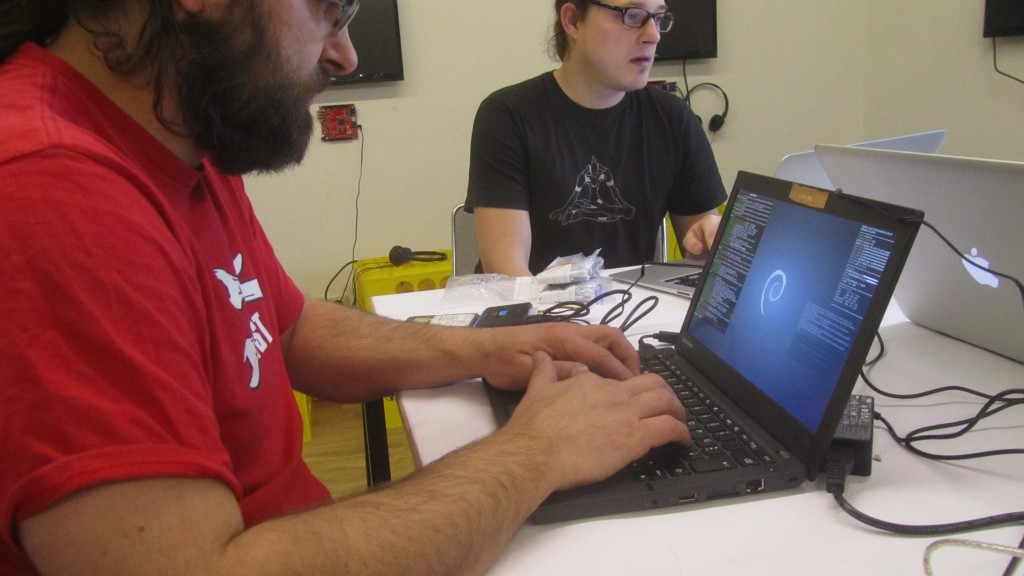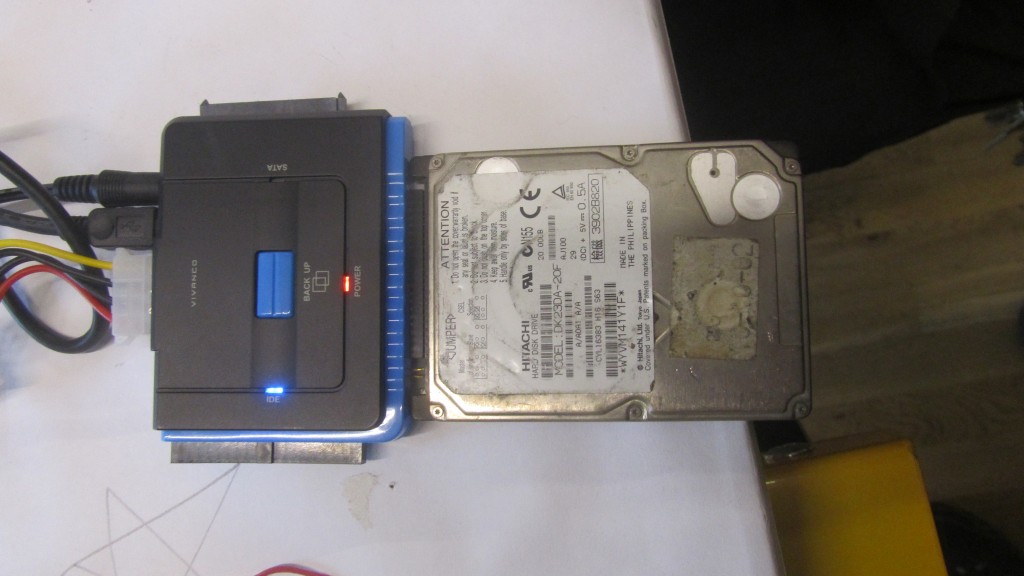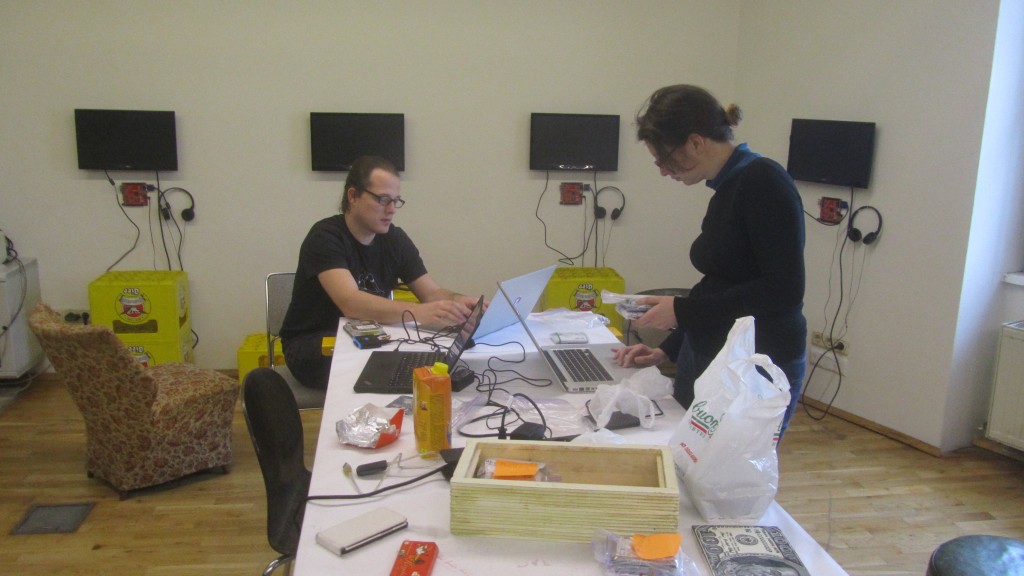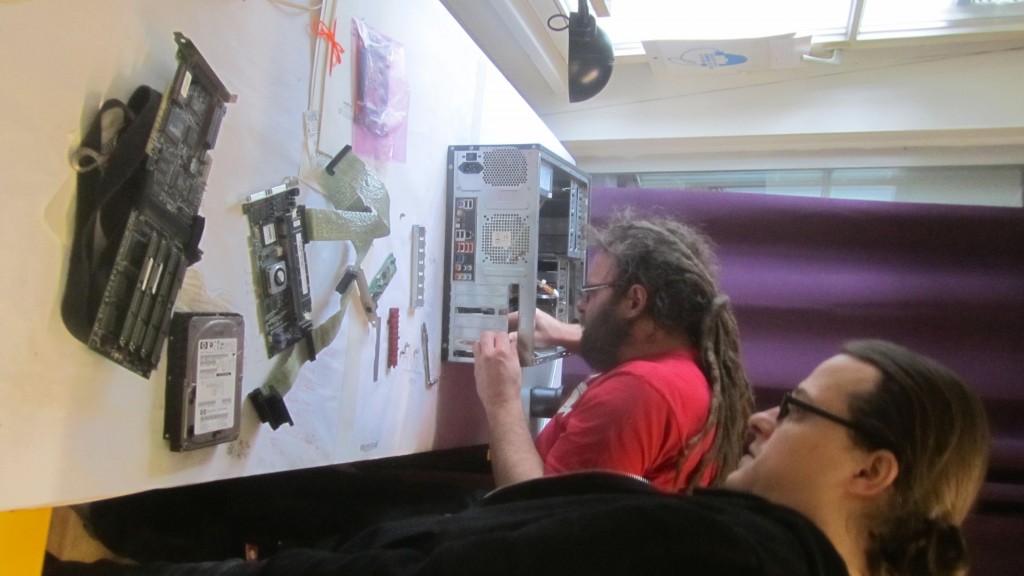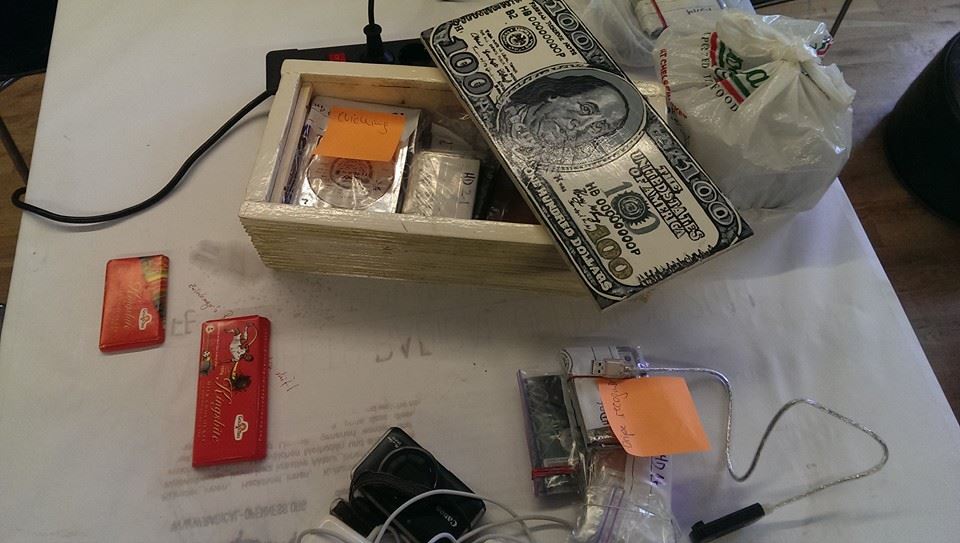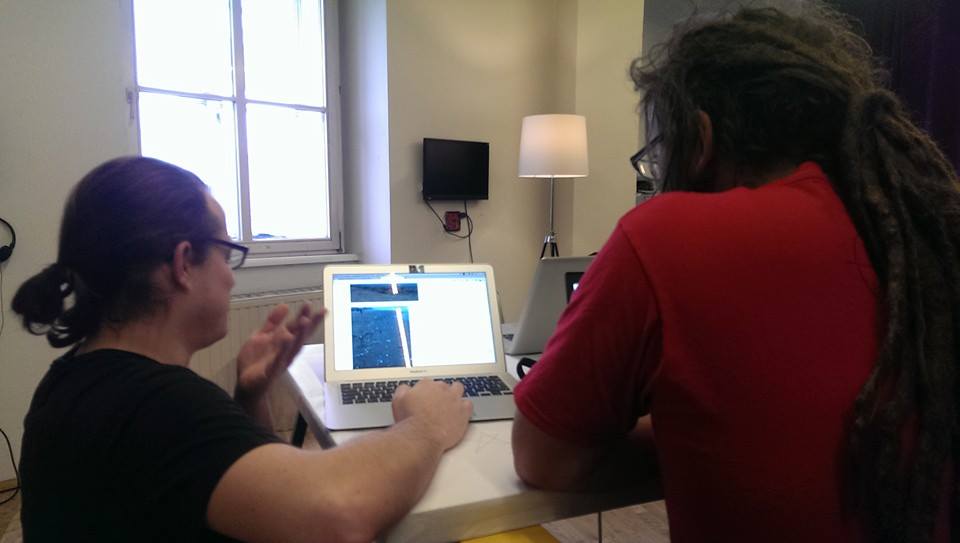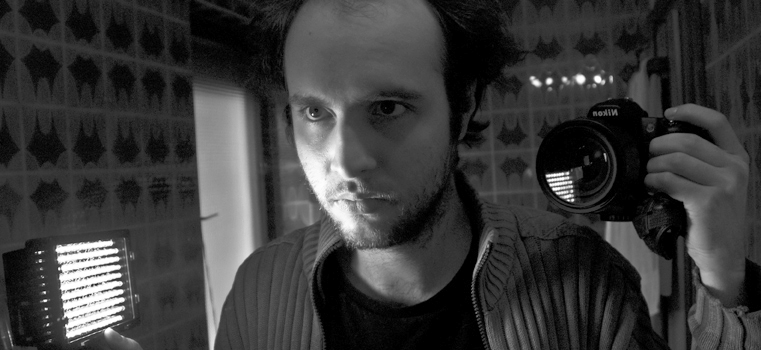

Artist Marit Roland (Norway)
Youtube channel of computer viruses
https://www.youtube.com/user/danooct1/videos
How to Stop Data Thieves From Stealing Information Off Your Old Gadgets
Considering our collective thirst to upgrade to the latest shiny gadget, it’s not surprising that consumer electronics generate a nasty amount of waste—some 3.4 million tons of e-waste year. We are device-gobbling monsters who grow strong on the gleaming newness of our machines. But tossing out “old” devices creates an overlooked hazard.
You might think that cracked iPhone 3GS is literal trash, but the private details of your life can be another man’s treasure. If smartphones and computers aren’t properly recycled, the information stashed in our trashed electronics can be enormously valuable for dumpster-diving data thieves in the habit of hawking personal info.
Sure enough, many electronics recycling programs aren’t properly protecting digital detritus, dumping e-waste in startlingly irresponsible ways. Our discarded devices are often exported and siphoned into literal dumps, flooding Ghanian and Chinese landfills with unwiped hard drives. This provides desperate thieves with centralized collection areas to rifle through.
And they have, as Idaho Power Company found out the bad way in 2006, when sensitive corporate data wound up on eBay after an e-waste job gone wrong. The company participated in a hard drive recycling program but failed to scrub the drives before giving them to the salvage vendor. The salvage vendor also neglected to wipe the drives, resulting in hundreds of drives popping up on eBay still chock-full of confidential employee information and proprietary memos.
http://gizmodo.com/how-to-stop-data-thieves-from-stealing-information-off-1679198939
Digital Photocopiers Loaded With Secrets
At a warehouse in New Jersey, 6,000 used copy machines sit ready to be sold. CBS News chief investigative correspondent Armen Keteyian reports almost every one of them holds a secret.
Nearly every digital copier built since 2002 contains a hard drive – like the one on your personal computer – storing an image of every document copied, scanned, or emailed by the machine.
In the process, it’s turned an office staple into a digital time-bomb packed with highly-personal or sensitive data.
If you’re in the identity theft business it seems this would be a pot of gold.
“The type of information we see on these machines with the social security numbers, birth certificates, bank records, income tax forms,” John Juntunen said, “that information would be very valuable.”
http://www.cbsnews.com/news/digital-photocopiers-loaded-with-secrets/
Equation-Group: “Höchstentwickelte Hacker der Welt” infizieren u.a. Festplatten-Firmware
Seit Jahren, wenn nicht sogar Jahrzehnten treibt eine Gruppe von Cyberangreifern weltweit ihr Unwesen und setzt auf äußerst hochentwickelte Technik, behauptet Kaspersky. Details bereits bekannter Malware impliziert Verbindungen zum US-Geheimdienst NSA.
Die russische IT-Sicherheitsfirma Kaspersky Lab hat Details zu einer Equation Group getauften Hackergruppe veröffentlicht, die mit ausgefeilten Methoden Regierungen und Unternehmen in mehr als 30 Ländern angegriffen haben soll. Auch wenn sie nicht direkt genannt wird, gibt es Hinweise, das die NSA oder ein anderer US-Geheimdienst dahinter steckt. Als besonders intensive Angriffsmethode hebt Kaspersky die Fähigkeit der Gruppe hervor, die Firmware von Festplatten bekannter Hersteller zu manipulieren. Die entsprechende Malware habe man in zwei Festplatten gefunden. Dass die NSA intern erklärt, dazu in der Lage zu sein, hatten bereits Jacob Appelbaum und Der Spiegel anlässlich des 30C3 in Hamburg öffentlich gemacht.
[Update 17.02.2015 – 11:05 Uhr] Betroffen sind demnach Festplatten von Western Digital, Maxtor, Samsung, Toshiba und Seagate. Eingesetzt würden eine Reihe nicht-dokumentierter ATA-Befehle. Gleichzeitig sei diese Umprogrammierung von Festplatten-Firmware so selten, dass der Schluss naheliege, dass sie nur gegen ganz besondere Ziele oder unter ganz außergewöhnlichen Umständen eingesetzt würde. Als Namen des Moduls gibt Kaspersky “nls_933w.dll” an. [/Update]
http://www.heise.de/security/meldung/Equation-Group-Hoechstentwickelte-Hacker-der-Welt-infizieren-u-a-Festplatten-Firmware-2550779.html
Data recovery Part I
In a first test setup the harddrives were hooked up with SATA cables to two laptops, one running Ubuntu 10.4, a second one with Windows. If the HD booted and data was still accessible, an image was copied to a seperate harddrive. The seperate harddrive have a folder structure according to the HD number. We tried out several free software programs to restore harddrives and access data: Testdisk (Linux), Photorec (Linux, PC), PC Inspector (PC), Recuva (PC).
On this way, the content of 4 harddrives could be instantly accessed and copied.
Data recovery Part 2
12th of February we continued with recovering data from the hard-drives (see first session here). This time with the help of Peter Wagenhuber from servus.at. The outcome of our two DIY-data recovery sessions was to extract data from 5 of the 22 hard-drives. One was a laptop hard-drive and the rest from desktop computers. Most of the hard-drives seemed to be physically broken. Some have a very bad ticking sound and others just don’t boot at all. The next step is to give over the hard-drives to professionals. We are working together with Datenrettung Österreich who will use professional tools to reanimate the hard-drives. They have a collection of spare parts and have the possibility of recovering data from damaged hard-drives as well. Though some of our hard-drives are quite old, from late 1990 or early 2000 which makes the availability of spear parts rather doubtful.
Critical Infrastructure
http://criticalinfrastructure.cc/ is an interesting collection of postings dealing with Infrastructures.
Also the Documentary by Jonathan Minard “Deep Web” appears on the page.
Deep Lab from Deepspeed media on Vimeo.
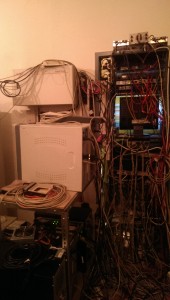
Videos of 2 Transmediale panels discussing aspects of electronic waste
These two videos are panels from Transmediale 2014 both looking at the ecological aspects of the accelerating production of electronics and some of the known consequences this has on our environment. The first one concentrates on plastic and the second one on the effects of electronic and synthetic waste.
transmediale 2014 afterglow — An Ecosystem of Excess
With Pinar Yoldas, Heather Davis, Jennifer Gabrys, Bernd Scherer, Daniela Silvestrin
At Haus der Kulturen der Welt, Berlin
Sat, 1.2.2014
Starting from Yoldas’ project An Ecosystem of Excess and her artistic approach through speculative design and biology, this panel will analyze and discuss the impact on what we call “nature” and the term’s ontological crisis. In her exhibition, plastics are the starting point for thinking a new speculative evolution. Plastics have radically changed our environment and the ecological footprint we are leaving on the planet, and in big part contributed to the ecological turn that we are experiencing as one symptom of the anthropocene. But plastic seems to even have become a natural force of its own, unstoppable, invading every space, eliminating and ousting bit by bit the life that had been inhabiting these spaces before. Do plastics have their own agenda? If so, what do we find if we study the ethology of plastics? If there are more and more parts of the ocean where we find numbers of plastic molecules and particles that are many times higher than those of plankton, what is left of “nature” – and the world – as we know it? The ubiquity of plastic, mostly in the form of trash, is creating a new kind of “nature”, and therefore “environment”, which we will use as a starting point to rethink the term and its meaning today, as well as the geopolitical and ethical thinking related to it. In an attempt to overcome old habits of thoughts we will reflect on possible ways of positioning ourselves in relation to other humans as well as nonhumans in these “next” or “post-natural” landscapes surrounding us. (Source: Transmediale archive)
transmediale 2014 afterglow — The Media of the Earth: Geologies of Flesh and the Earth
With Ryan Bishop, Sean Cubitt, Jussi Parikka, Denisa Kera
At Haus der Kulturen der Welt Berlin
Sat, 1.2.2014
Afterglow of The Mediatic conference stream
The panel focuses on the effects of electronic and synthetic waste on geological and biological bodies. The tissue and the soil effectively register the residue of scientific and technological processes, acting as inadvertent storage site and archival apparatus for our trash. The panel includes discussions of electronic waste, nuclear fallout as well as the global labour concerning the geology of media: minerals and material sciences. It is in this sense that it aims to address the media of the earth, and the earth as essential to the existence of media: issues which tie organic bodies with the non-organic reality. The speakers represent media and technology studies perspectives to what was often reserved as a territory of the sciences, namely geophysics. A geopolitics that is truly geo-based emerges from these engagements. (Source: Transmediale Archive)


